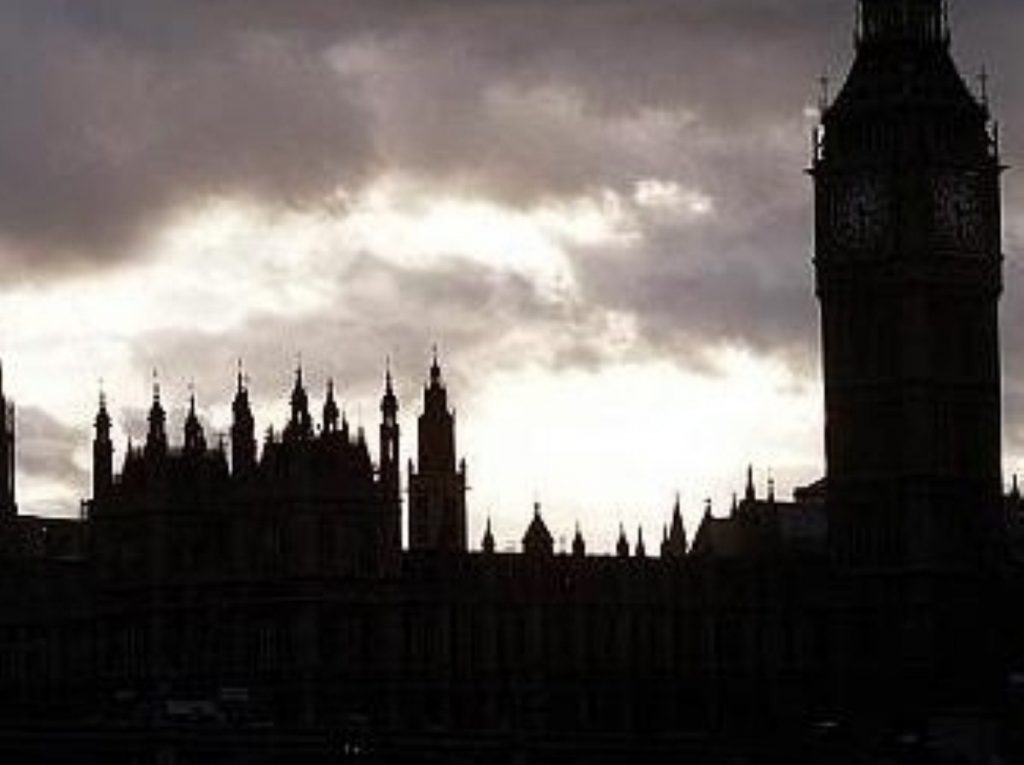Analysis: Tuition fees vote is on the brink
Nothing is certain when it comes to Thursday’s tuition fees vote, as ministerial brinkmanship clashes with the genuine dismay of government backbenchers.
There is, for this week at least, nothing else to talk about. Ministers are pushing their tuition fees proposal to a vote on Thursday afternoon. Amid the din of protestors shouting about broken promises, will Liberal Democrat and Conservative MPs really be able to hold their nerve?
The answer, despite everything, is probably yes. Like a Jane Austen-style dance where everyone knows the steps, the run-up to tomorrow’s crucial tuition fees vote is following a depressingly pre-ordained rhythm.


The government is unlikely to be defeated when it comes to the crunch. This is usually the case when it looks like ministers are running into difficulty: look at the almighty row which nearly scuppered Tony Blair’s premiership on tuition fees in his second term, when, despite massive opposition, Labour managed to scrape through to a win.
Around 40 or 50 rebels are needed to see Vince Cable’s plans to raise the cap on tuition fees to £9,000. Judging by the disparate nature of the rebels, this doesn’t seem like a number which is likely to be reached.
In the Liberal Democrat camp the atmosphere is, admittedly, distinctly moody. A lengthy parliamentary party meeting yesterday evening went on for at least three hours. One exhausted insider told politics.co.uk afterwards that MPs were fraught with anxiety. Even those who previously thought they had been won over are put off by the sheer scale of the increase in the cap from £3,300. Measures to mitigate the hike by improving fairness, it seems, can only go so far.
Nevertheless, Clegg’s efforts have at least managed to rally the payroll vote. The deputy prime minister emerged confidently claiming he will be able to rely on the support of his ministers in pushing the measures through. This is partly because of that classic government move, the last-minute concession. This morning Cable announced a new and improved version of the higher education reform package, including plans to uprate the earnings thresholds in line with inflation and full loan support for part-timers. These are meaningful changes but don’t change the broader thrust of the proposals. Nevertheless, they will have the desired political effect.
Even if the Lib Dem refuseniks achieve a sizeable rebellion – with perhaps a third of their 57 MPs actively rejecting the party’s approach or choosing to abstain – they would have to rely on Conservative rebels to carry the day. This is why the party is deploying senior figures to win over wavering backbenchers. For some, the wording of the opposition motion could be critical. Will Labour table an alternative which, by being overly partisan, puts Tories off?
At least the opposition can be relied upon to fall into line. A handful of Labour MPs have privately admitted they don’t mind the bulk of the proposals outlined by Cable and co. But the sheer thrust of the message being sent out – the same complaint made by potential Conservative rebels – is enough to keep them in line. Alan Johnson’s decision to fall into line on the graduate tax alternative is helping keep the shadow Cabinet happy, too.
A quick word, finally, about MPs from Scotland, Wales and Northern Ireland. It’s a mark of the turmoil caused by this issue that MPs from all sides of the debate have been wondering how these will vote – could their decisions make a difference? A senior Northern Irish MP has told politics.co.uk he is 99% certain to vote against the government, citing real concerns about the issue – even though it’s a devolved one – back home. The nationalists look likely to vote in a block, too, it has been reported. If it’s closer than we think their decision-making could prove decisive.
Some MPs have admitted to politics.co.uk that they have been dreaming about the tuition fees vote, such has been the mental strain caused by the issue. Their agonising will be drawn out to the last minute as ministers seek to minimise the concessions they make to win the day.
The government should manage to push its higher education funding proposals through. But its deployment of the same old last-minute tactics carries huge risks which have set the whole of parliament on edge.









